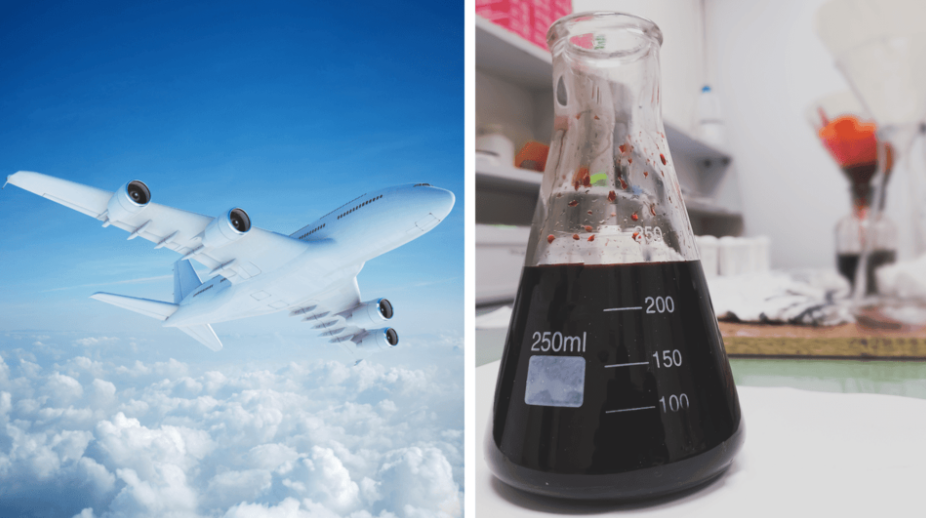New method converts high-strength organic wastewater into sustainable aviation fuel (SAF).
US scientists have developed a new method for converting high-strength organic wastewater into sustainable aviation fuel (SAF).

The method uses methane-arrested anaerobic digestion (MAAD) technology to convert high-strength organic wastewater into volatile fatty acids, which can be upgraded to SAF. Scientists at the U.S. Department of Energy’s (DOE) Argonne National Laboratory stated that the cost-competitive sustainable aviation fuel could reduce greenhouse gas emissions (GHG) in the aviation industry by up to 70%.
According to researchers, Argonne laboratory’s life cycle and techno-economic models were used to analyze the environmental impacts and economic viability of the SAF.
“Volatile fatty acids from waste streams can make biofuel production more cost-effective and sustainable. Argonne’s novel technology uses a membrane-assisted bioreactor to enhance the production of volatile fatty acids,” said Haoran Wu, Argonne postdoctoral researcher.
Carbon-rich wastewater from breweries and dairy farms was used as a feedstock for the technology instead of conventional sources such as oil, fat, and grease. The wastewater streams are rich in organics, and treating them with traditional wastewater treatment methods is carbon-intensive.
Though lactic acids limit the production of SAF from volatile fatty acids, The Argonne MAAD technology overcame this challenge.
“Lactic acid lowers the carbon efficiency when converting volatile fatty acids to SAF. Therefore, shifting conversion away from lactic acid toward volatile fatty acid production is key,” said Wu.
In addition to showing how wastewater can help significantly cut carbon emissions, the study also expands the use of lesser-used waste materials at a time when demand for typical bio-feedstock for SAF has resulted in a shortage.
Though the research will continue, the researchers aim to commercialize the process and scale the technology for global use.
“Designing a membrane-assisted technology that achieves a 70% reduction in greenhouse gases at a cost comparable with conventional jet fuel is a significant advancement,” Wu said.
Article Credit: tomorrowsworldtoday